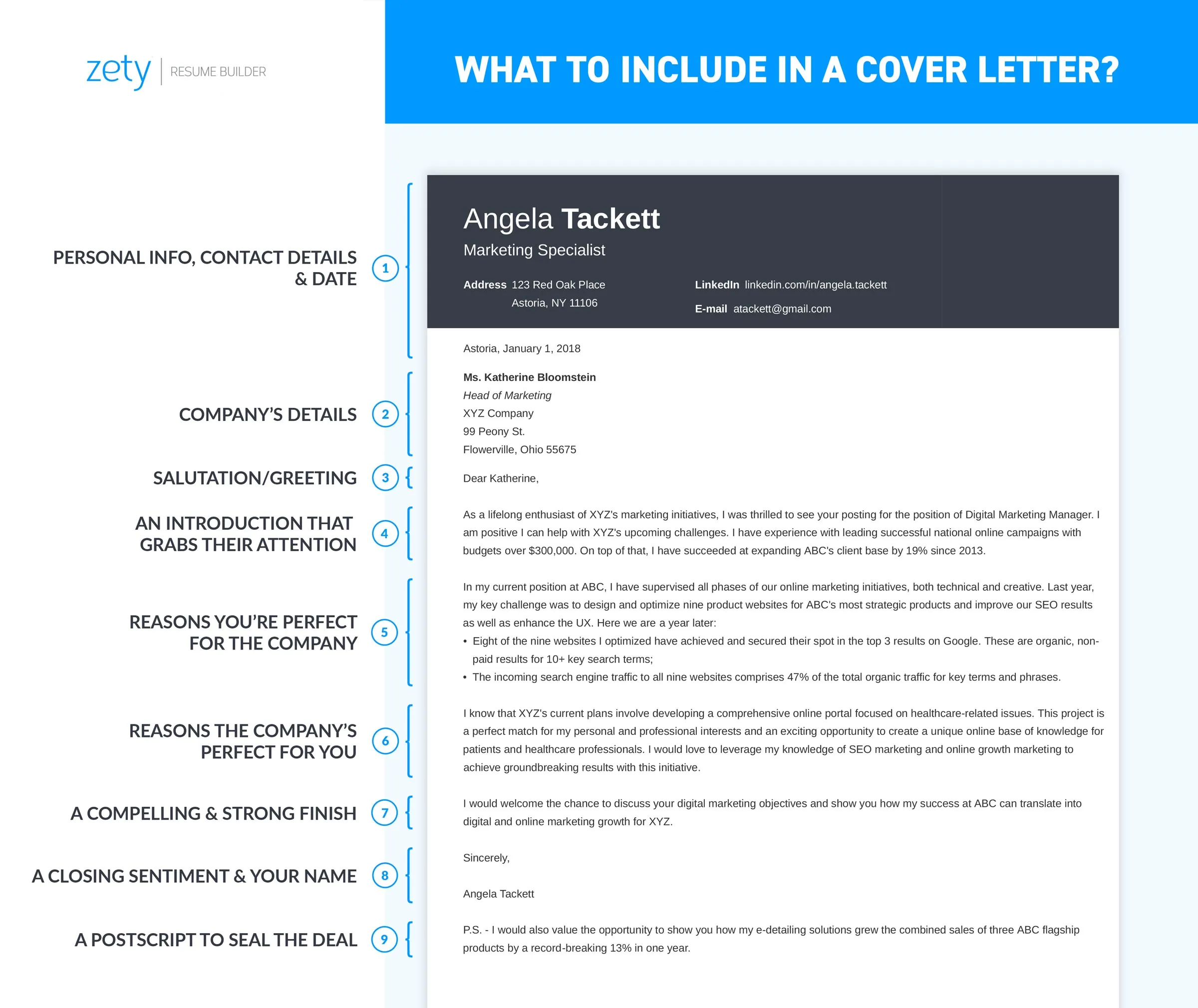Why You Need a Functional Resume Cover Letter
A functional resume cover letter serves as your introduction to a potential employer, and it’s your chance to make a strong first impression. Unlike a chronological resume, a functional resume emphasizes your skills and abilities rather than your work history. This is particularly useful if you have gaps in your employment, are changing careers, or have a diverse work background. The cover letter provides context to your resume, explaining why your skills align with the job requirements. It’s not just a formality; it’s a crucial tool to grab the hiring manager’s attention and increase your chances of securing an interview. A well-written cover letter highlights your key strengths and demonstrates your understanding of the role and the company, setting you apart from other applicants.
Highlighting Your Skills
The core purpose of a functional resume cover letter is to spotlight your most relevant skills. Since the resume itself organizes information by skill categories, the cover letter should delve deeper, providing examples of how you’ve used these skills in previous roles or projects. This helps the employer understand how your abilities translate into real-world results. By emphasizing your key competencies, you can directly address the employer’s needs and demonstrate that you’re a good fit for the position. Make sure the skills you choose to highlight align with the job description to showcase that you understand the requirements of the role. Use action verbs to describe your accomplishments and achievements.
Showcase Relevant Skills
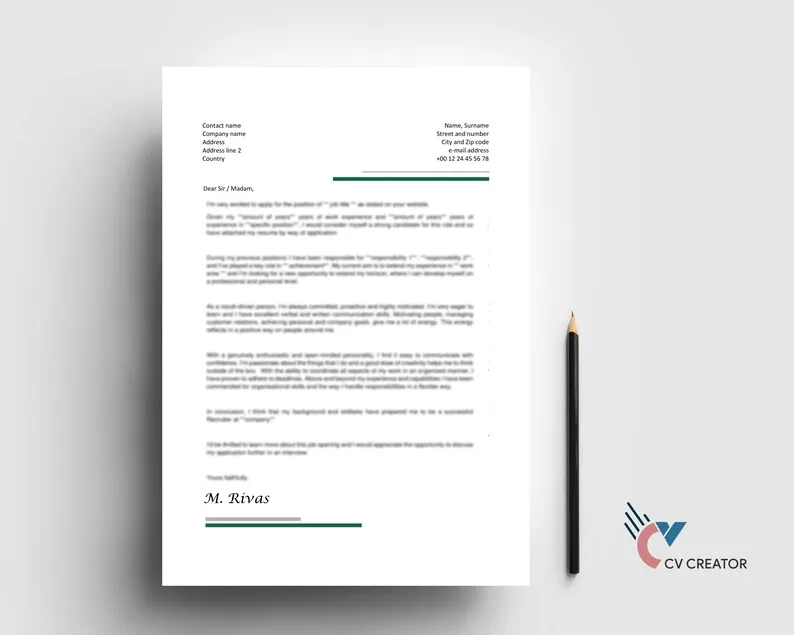
Carefully review the job description and identify the skills the employer is seeking. Then, select 3-5 of your most relevant skills and explain how you’ve utilized them. Use the job description as your guide to make sure the skills you highlight match the needs of the role. Think about projects you’ve completed, problems you’ve solved, and outcomes you’ve achieved. This selective showcasing demonstrates that you possess the right skills and gives you a clear path to emphasize your qualifications. This is a golden opportunity to demonstrate your value by providing concrete examples of how you can contribute.
Quantify Your Accomplishments
Whenever possible, quantify your accomplishments to make them more impactful. Use numbers, percentages, and specific data to show the results you’ve achieved. Instead of saying “Improved customer satisfaction,” say “Increased customer satisfaction by 15% through implementation of new support strategies.” Quantifying your achievements adds credibility and demonstrates your ability to deliver results. This data-driven approach makes your skills and accomplishments more concrete, easy to grasp, and more appealing to hiring managers. This clearly showcases the value you bring to the table and what the company can expect from you.
Tailoring Your Cover Letter
A generic cover letter will likely end up in the rejection pile. Customizing your cover letter for each job application demonstrates that you’ve done your research and are genuinely interested in the role and the company. Tailoring shows you’ve considered how your skills and experience specifically meet the needs of the position. This personalized approach goes a long way in making a positive impression on the hiring manager. It’s about showing, not just telling, why you’re the best fit for the job and that you want the job.
Research the Company
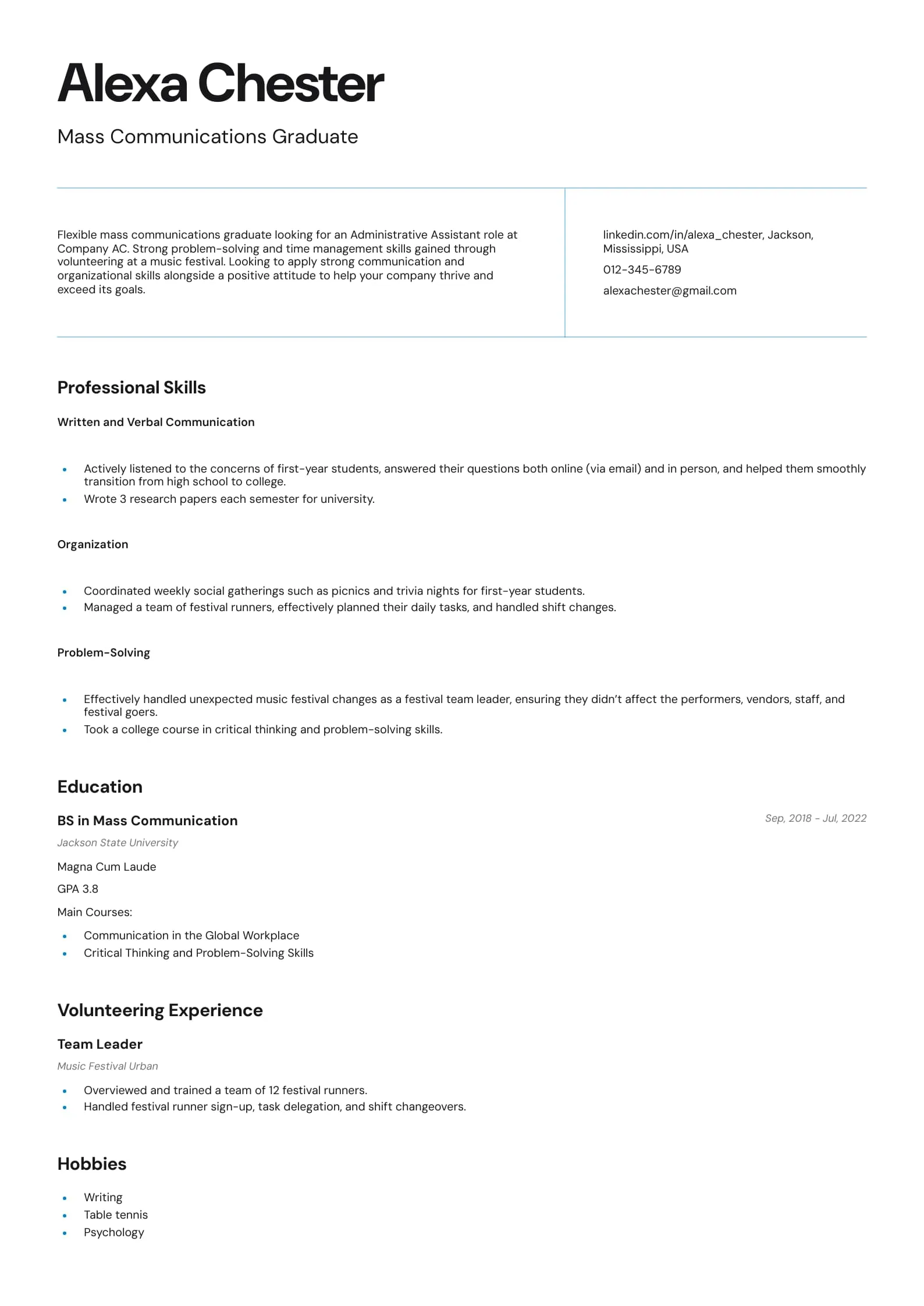
Before writing your cover letter, research the company. Understand its mission, values, and recent achievements. This knowledge will help you tailor your letter to align with the company’s goals and culture. Mentioning specific projects or initiatives the company is involved in shows your genuine interest and demonstrates your proactive approach. Researching the company also helps you identify key language and keywords that resonate with their values. This research will not only allow you to target your skills to the specific job requirements but also to ensure that your cover letter truly resonates with the company.
Match the Job Description
Carefully review the job description and identify the key skills and qualifications the employer is looking for. Make sure your cover letter directly addresses these requirements, using the same keywords where appropriate. Highlight how your skills and experience match what the employer is seeking. Tailoring the letter to reflect the job description helps to make a compelling case for your candidacy. It also simplifies the hiring manager’s job as they scan through applications, making them more likely to recognize your qualifications and invite you for an interview. If you match the job description you can show, you are the right fit for the role.
Formatting Your Cover Letter
The format of your functional resume cover letter is crucial to its readability and professional appeal. Proper formatting ensures that your letter is easy to scan and that the key information stands out. A well-formatted cover letter increases your chances of catching the reader’s attention and making a positive first impression. Using a professional layout demonstrates your attention to detail and respect for the hiring manager’s time, which is essential for any job application. Good formatting helps the reader quickly understand your qualifications and see you as a potential fit.
Use a Professional Tone
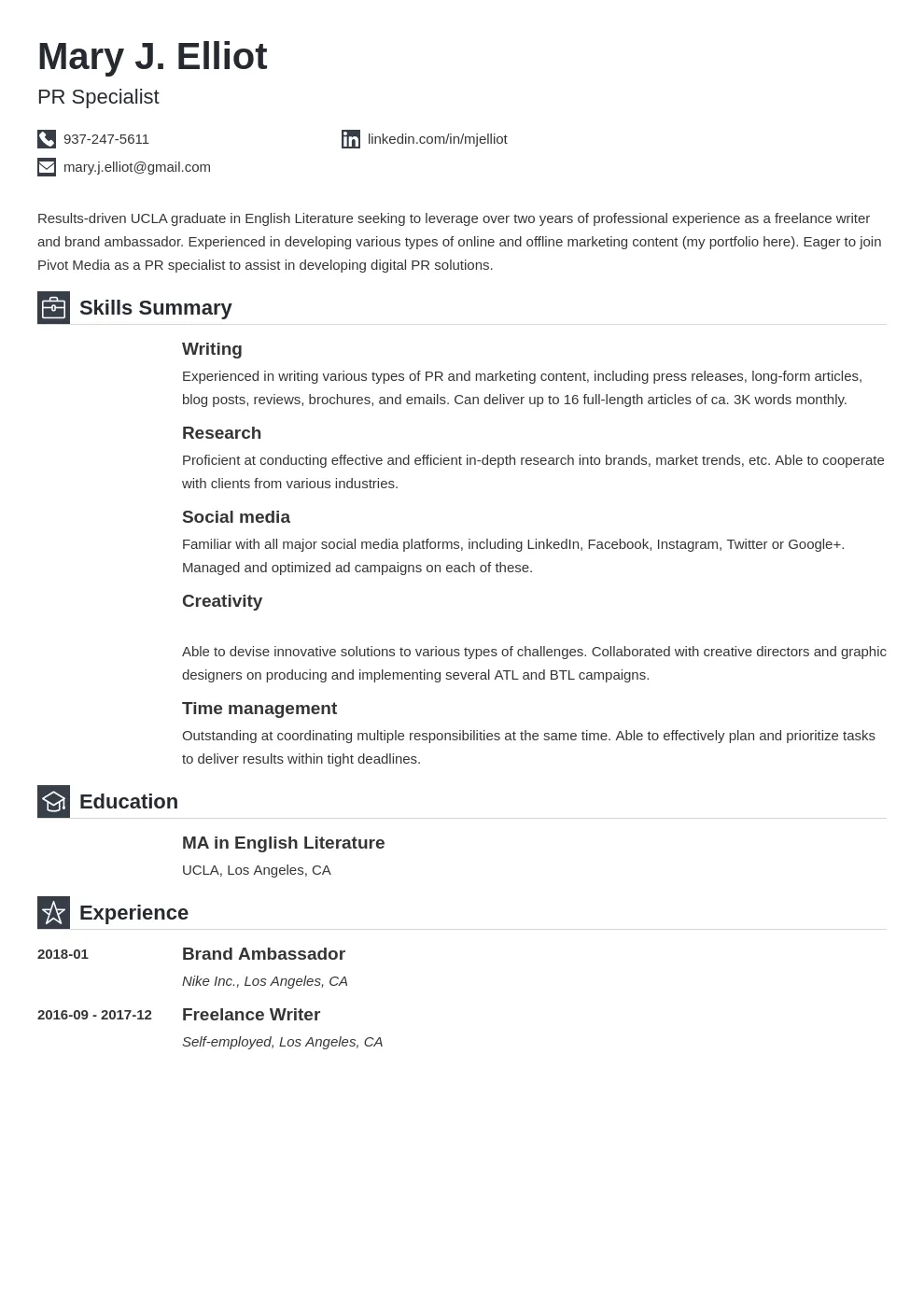
Maintain a professional tone throughout your cover letter. Avoid slang, informal language, and overly casual phrasing. Use clear, concise language and demonstrate respect for the reader. A professional tone conveys seriousness about the opportunity and demonstrates that you understand workplace etiquette. It reflects your professionalism and helps to build trust. The tone should match the company culture to demonstrate that you will represent the company in a similar fashion. This is your first impression, and it should reflect your best self.
Keep It Concise
Keep your cover letter concise and to the point. Aim for no more than one page, and ideally, closer to three or four paragraphs. Hiring managers are often short on time, so your letter should quickly convey your key qualifications and why you’re the right fit for the job. Focus on the most relevant information and avoid unnecessary details. Concise letters are easier to read and more likely to hold the reader’s attention. It ensures that your most important points are clear and easy to grasp. A concise cover letter gets straight to the point, showing that you respect the reader’s time and are able to communicate efficiently.
The Importance of Proofreading
Proofreading your cover letter is absolutely essential. Even a single typo or grammatical error can undermine your credibility and make a negative impression on the hiring manager. Always proofread carefully before submitting your application to ensure that your message is clear, professional, and error-free. Proofreading ensures that your cover letter reflects your attention to detail and your commitment to excellence. A well-proofread cover letter is a sign of a polished, professional candidate. Failing to proofread can cast doubt on your overall competence and professionalism.
Check for Grammar and Spelling Errors
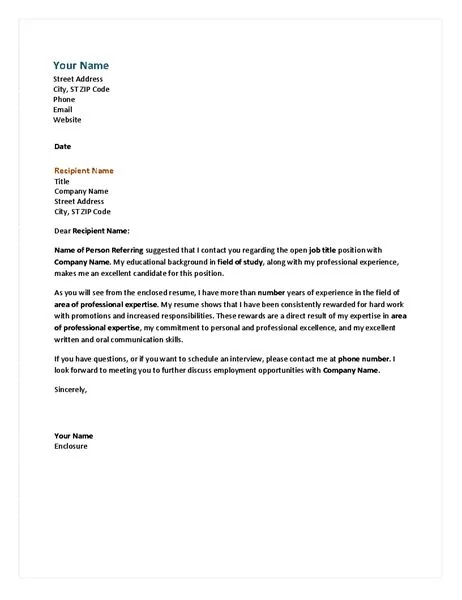
Carefully check your cover letter for any grammar and spelling errors. These errors can create a negative impression and make you look less professional. Use a grammar checker and spell checker, but don’t rely on them entirely. Read your letter multiple times, paying attention to sentence structure, punctuation, and the correct use of words. If possible, read your letter aloud to catch errors you might miss when reading silently. Ensure your writing is clear, concise, and error-free. Proofreading for grammatical and spelling errors is essential to convey competence, attention to detail, and that you are a good communicator.
Get a Second Opinion
Ask a friend, family member, or career advisor to read your cover letter and provide feedback. A second pair of eyes can catch errors you might have missed and offer suggestions for improvement. They can also assess whether your letter clearly conveys your skills and qualifications. Getting a second opinion provides an opportunity to refine your letter and ensure that it is as effective as possible. This external perspective can help you to refine your message and increase your chances of success. Their feedback can help you refine the tone, clarity, and overall effectiveness of your cover letter.
Call to Action
By following these top 5 tips, you can create a compelling functional resume cover letter that captures the attention of hiring managers and increases your chances of landing an interview. Remember to highlight your skills, tailor the letter to the specific job, and proofread carefully. Your cover letter is your first chance to make a positive impression, so make sure it reflects your best self. A well-crafted cover letter is a critical step in your job search, so don’t underestimate its importance. Good luck in your job search!
